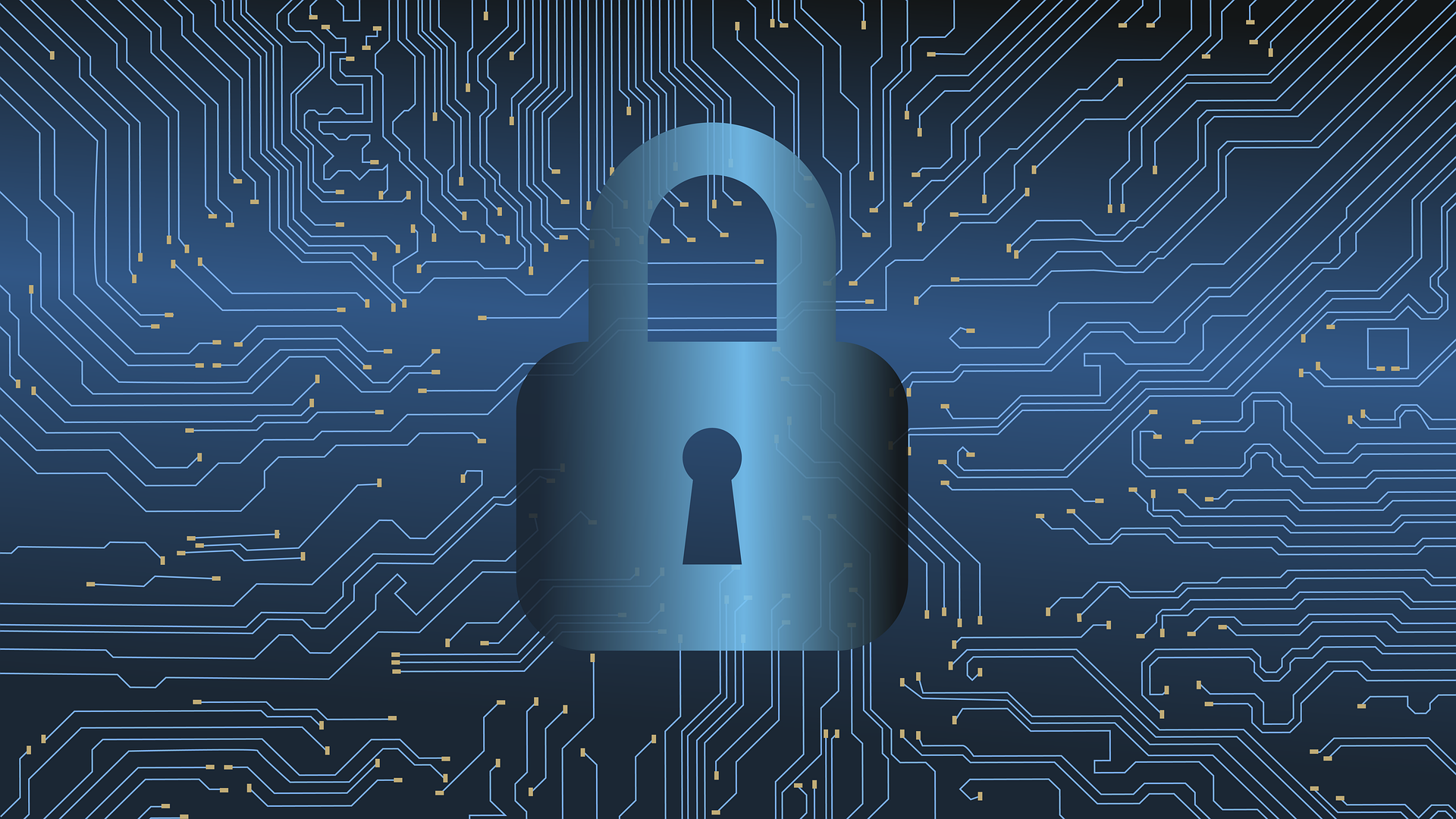
Given the acute demand-side stresses that COVID-19 has inflicted upon aviation, cybersecurity concerns may have dropped down some MRO companies’ agendas.
Yet the threat to IT systems and data has not diminished. In fact, it has probably increased as the move to remote working and video conferencing affords cybercriminals more vectors to pursue attacks, hacks and malicious snooping.
A big concern for many IT departments is ransomware attacks, such as the one suffered by aircraft MRO provider VT San Antonio Aerospace in June 2020 by what it termed “a sophisticated group of cyber-criminals”.
Known as the Maze group, the perpetrators have attacked numerous industries since 2019, typically stealing company data and then threatening to make it public unless a ransom is paid.
MRO companies are also vulnerable as internet-enabled devices and components proliferate on the aircraft and in the hangar, while rising levels of automation and data analysis are accompanied by their own cybersecurity concerns.
“The loss of our corporate data would be devastating,” Max Wooldrik, chief executive of Dutch part-out company APOC Aviation tells Inside MRO.
“We have worked very hard to design our own proprietary software and algorithms to be able to identify successful projects and business opportunities.”
And while the manpower squeeze faced by the wider MRO sector in the years up to 2020 seems almost a historical anachronism given the present tide of mass layoffs, the crisis has deepened many businesses’ reliance on technology and connectivity, meaning no let-up in demand for IT staff.
“As a result, the technology field remains very competitive and our teams are often sought after,” says Paul Morales, vice-president for information technology at Florida-based GA Telesis.
High pay aside, he notes that the key to hiring and retaining the right personnel is to keep them engaged and challenged, a view echoed by Wooldrik.
To find out more about the challenges faced in cybersecurity by the MRO sector, see the next issue of Inside MRO.
